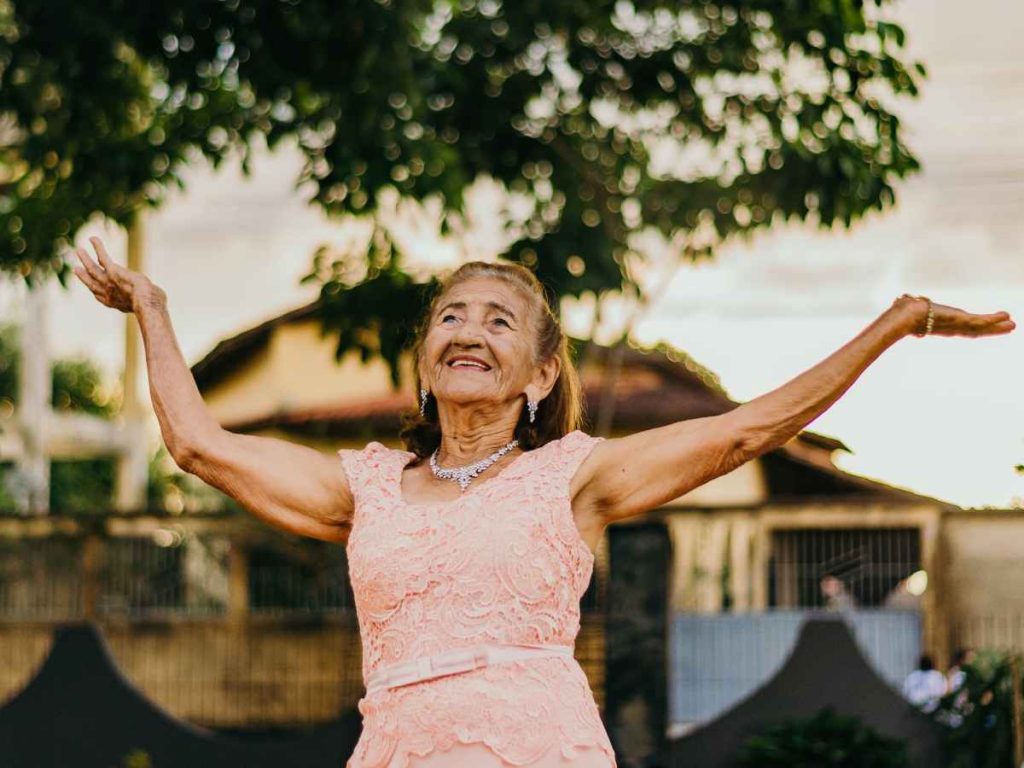Long Term Care Planning

As we grow into adulthood we start to see how having a personal guide through confusing topics such as taxes and financial planning can be advantageous. Although initially hiring a professional may be more money than we want to spend, in the long run we save money, time and frustration by having a professional guiding us. Healthcare is no different.
The ever changing world of healthcare as well as the constant evolution of our own health as we age can be difficult to manage, and especially prepare for. Your personal healthcare needs will shift, your loved ones needs will shift, your roles will even shift from husband/wife/child to caregiver. This often occurs very fast and being unprepared can result in chaos and unsatisfactory quality of life for all involved.
For many, the difficulty lies in preparing for this unknown disaster. How do we prepare for something we don’t know will happen, exactly when it will happen, and how much damage the event will produce? There is a sense of taking back control when preparing for the unknown. Furthermore, there is a hope that by preparing and educating yourself, you are less likely to have the disaster occur in the first place.
Here are some things to consider for yourself/your loved ones during this National Long-Term Planning Month:
Legal: Do you have a financial and medical power of attorney set up? In the event you cannot make sound decisions or need help with bill paying and making critical health decisions, a family member is usually appointed POA (power of attorney) to help, but this needs to be set up ahead of time. Do your loved ones have permission to speak with and get results from your treatment team- HIPAA permissions need to be in place and are best to be prepared before tragedy occurs. Do you need to speak with an Elder law attorney to set up living wills and estate planning?
Environmental: Is the home you are currently living in where you ideally want to stay? We call this “aging in place”. Other folks decide they want to move to assisted living facilities. COVID-19 has slowed that transition down as seniors found themselves isolated in their rooms and with very limited visitation for months. Many are choosing to use the money they would have spent on transitioning into fixing up their current home- creating a more accessible and senior friendly environment. Through a comprehensive home safety assessment performed by a Senior Home Safety Specialist, you can decrease risk of falls and increase the ability to safely age in place.
- Is your home one story or two? If you have to access upstairs can a stair lift be installed? Stair lifts may sound expensive, but did you know they are usually equivalent to only one month of rent in assisted living facilities?!
- Does your home have a bedroom and full bath on the main level? Are you aware of options to alter this or create a bathroom on main level?
- Is there a way to get into the home without steps or a place where a ramp can be installed? Here we need to not only look at current mobility, but also future mobility. If you had a stroke, heart attack, or broken hip could you come back home to heal with help or would you be forced into a facility because your home is not set up for your safety?
- Are your bathrooms set up for ease and safety? Proper height toilets, durable medical equipment and grab bars are easy installations that can prevent falls and keep you out of the hospital.
- Are there specific rest spots we can strategically place through the home to decrease shortness of breath or allow safety with daily tasks?
Physical: Do you/your loved one have multiple diagnoses that place them especially at higher risk for falls and injury? Do they have a chronic condition that you expect will continue to decrease their overall endurance and strength with daily activities? Can we educate and encourage healthy lifestyles and exercise now to prevent further decline?
Financial: Is there financing for moving/staying in assisted living or will alternate financial help be needed? At $4,000-$6,000 per month could I safely hire help at home for a more cost effective option? This often depends on the severity of the disability and especially the cognitive impairment level of the senior.
Emergency Plan: Is there an emergency plan in place to get help in a timely manner in case of a fall? Do you have a life alert system, video monitoring, or specific plan for check ins from the neighbors? Sometimes this can be achieved without cost with a good community plan ie. if the front blinds don’t open by 9am every morning then the neighbors would come knock.
Life’s punches can sometimes sneak up on us, but through preparation and planning we can take control back! So let October be Long-Term Care Planning month for you or your loved ones and give us a call if you need help! Passionate HCW specializes in helping seniors safely age in place and fall prevention, we can be your consistent guide through all life throws at you! October is also Positive Attitude Month and today (October 12th) is National Kick Butt Day- so go get ‘em tiger!

